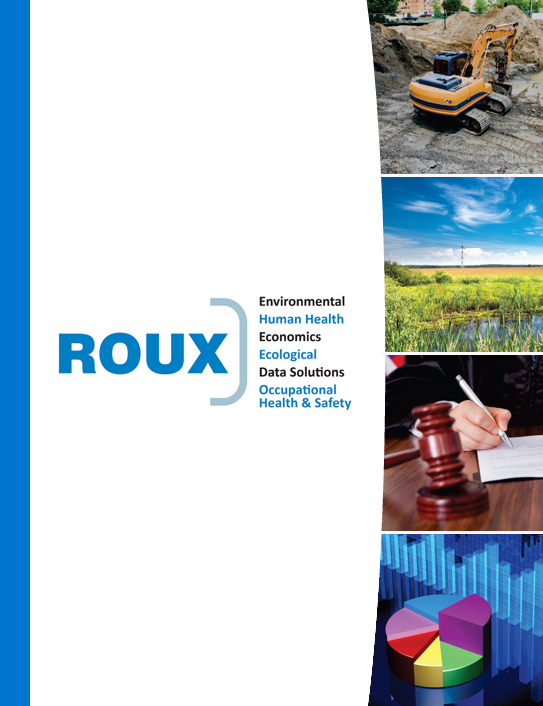Roux ECA Members Speak on ESG Regulation
Peter Kelso, Principal, and Drew Howard, Managing Consultant, of the Roux Economics & Complex Analytics (ECA) practice, recently headlined a webinar presentation alongside NFP’s Lauren Kim and Christopher Alviggi on Environmental, Social, and Governance (ESG) factors, and what the future holds for environmental and climate change disclosure regulation.
ESG metrics are standards for a company’s operations that measure its sustainability and social responsibility. The environmental criteria can include a company’s energy use, emissions, waste disposal, pollution management, and how it performs as a steward of nature. The Social and Governance pillars examine how a company manages its relationships with employees, suppliers, customers, and the community, or deals with management of shareholder rights, board diversity, and executive remuneration.
The number of companies disclosing their environmental impacts has risen dramatically over the past decade, as has the amount of ESG-rated assets under management. Bloomberg predicts that by 2025, global sustainable assets will reach $53 trillion USD, or over one-third of all assets under management. The precipitous rise in ESG funds has drawn the eye of regulators: the European Union has enacted multiple regulations that will require financial managers to disclose any negative environmental or social impacts of companies contained in their portfolios, including greenhouse gas emissions, sustainability, and board diversity.
As noted by Peter Kelso and Drew Howard in a Spring Law360 article, the United States does not appear to be far behind in implementing their own climate disclosure requirements. Recent comments by U.S. Securities and Exchange Commission chair, Gary Gensler, suggest the potential of implementing climate disclosure requirements for companies and ESG funds, “Investors are looking for consistent, comparable, and decision-useful disclosures so they can put their money in companies that fit their needs. Companies and investors alike would benefit from clear rules of the road” (SEC Chair Gary Gensler, July 28, 2021). These disclosure rules are anticipated as early as October 2021.
There are several steps companies should take to prepare for these imminent disclosure requirements. It is critical to implement data collection processes on activities that may need to be disclosed, such as energy and water use, potential contaminants and pollution liabilities, and even carbon emissions. Companies will be well-served to create an environmental management system to properly understand their environmental liabilities, and to set environmental management goals and corporate policies. Roux helps companies develop management plans to chart these goals, and to best understand the shifting federal regulatory environment.
Climate change poses significant risk at both operational and investment levels for all within the global economy. It is inevitable that U.S. companies and financial managers will soon be mandated to disclose their impacts on climate change, the environment, and potentially other social and governance factors; the degree to which companies will need to produce information is still to be seen. Executives need to understand how to collect data on internal processes, and how to comply with federal and state level regulations. The Roux ESG and ECA practices stand ready to provide the guidance and analytical knowhow to navigate this uncertainty.
